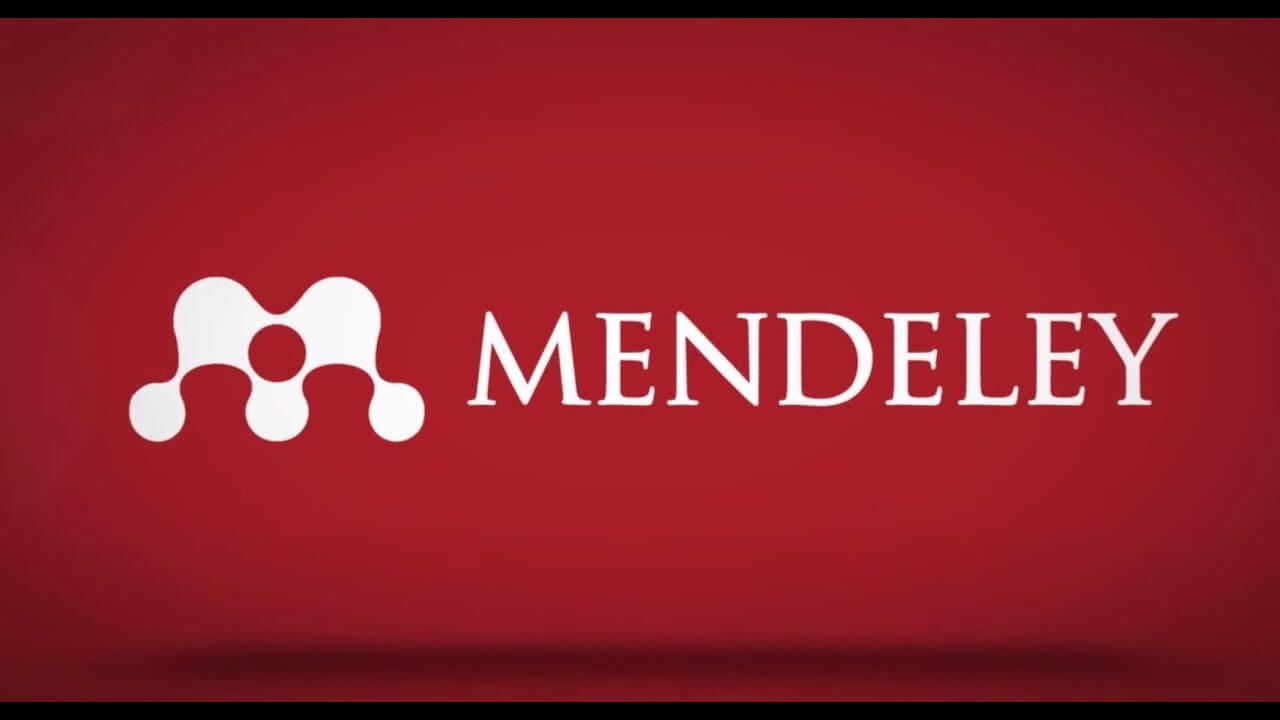NASE Astronomy Training for Teachers and Amateur Astronomer with Physics Approach and Cultural Tourism
Abstract
Physics teachers often face obstacles in training their students in the Astronomy Olympiad. Amateur astronomers also need some knowledge of astronomy. Astronomy knowledge which is the basis for studying astronomy has begun to be abandoned by the younger generation. These problems can be overcome by astronomical training with a physics and cultural approach to physics teachers and amateur astronomers from various provinces in Indonesia. The Network for Astronomy School Education (NASE) regularly holds astronomy training in various countries. The training is carried out for 4 days virtually using simple equipment and can be obtained easily and inexpensively. The equipment is to help the understanding of astronomy and astrophysics. In addition, a virtual visit to the Muhammadiyah Museum was conducted to introduce Muhammadiyah's contribution to the development of Islamic astronomy in Indonesia. The average increase in Pre-Test and Post-Test results was 24.3% of the 25 participants who submitted the test. The high increase was in the field of physics while in the field of culture there was a decrease. This is due to the disproportionate composition of training material between the fields of physics and cultural tourism. The implementation of online training also causes participants to lack understanding of cultural aspects in astronomy learning. Participants also provided feedback that more time was needed for observation activities
Copyright (c) 2024 Yudhiakto Pramudya, Nur Rifai Akhsan, M Khairul Ardi, Fajrul Falah, Nurul Miftakhul Jannah, Ratnawati Ratnawati, Cintha Ayu Wandira, Elvi Nurridho Khasanah, Rosa M Ros

This work is licensed under a Creative Commons Attribution-NonCommercial 4.0 International License.











